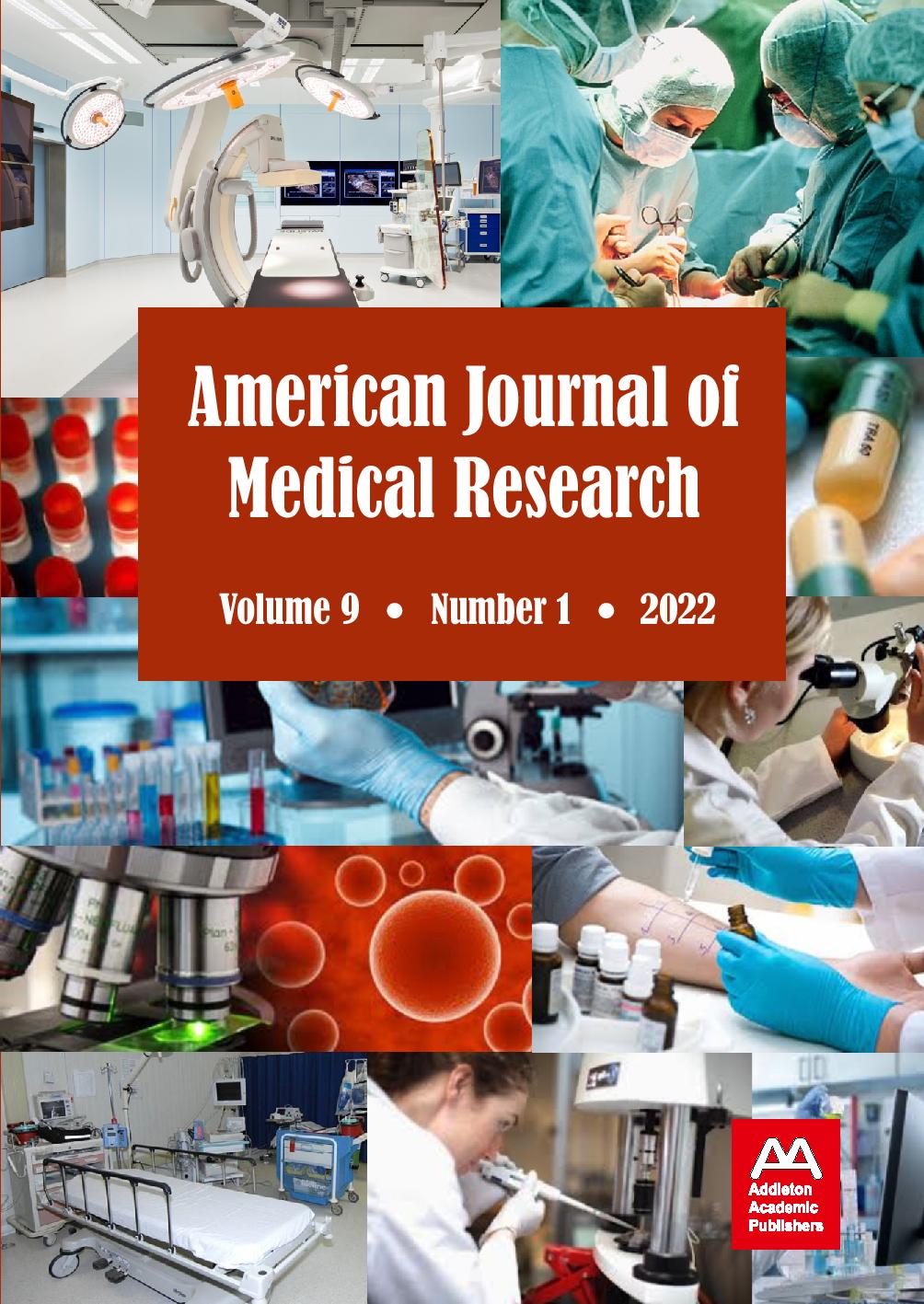Remote Patient Monitoring Systems, Wearable Internet of Medical Things Sensor Devices, and Deep Learning-based Computer Vision Algorithms in COVID-19 Screening, Detection, Diagnosis, and Treatment
Remote Patient Monitoring Systems, Wearable Internet of Medical Things Sensor Devices, and Deep Learning-based Computer Vision Algorithms in COVID-19 Screening, Detection, Diagnosis, and Treatment
Author(s): Adela-Claudia CuțitoiSubject(s): Health and medicine and law, ICT Information and Communications Technologies
Published by: Addleton Academic Publishers
Keywords: remote patient monitoring; Internet of Medical Things;COVID-19;
Summary/Abstract: Based on an in-depth survey of the literature, the purpose of the paper is to explore remote patient monitoring systems, wearable Internet of Medical Things sensor devices, and deep learning-based computer vision algorithms in COVID-19 screening, detection, diagnosis, and treatment. In this research, previous findings were cumulated showing that preventive and predictive maintenance of medical connected objects in remote patient monitoring can integrate processed and analyzed health sensor data, and I contribute to the literature by indicating that wearable medical sensor devices can identify real-time changes of patient vital physiological parameters through Internet of Medical Things data sharing. Throughout January 2022, a quantitative literature review of the Web of Science, Scopus, and ProQuest databases was performed, with search terms including “COVID-19” + “remote patient monitoring systems,” “wearable Internet of Medical Things sensor devices,” and “deep learning-based computer vision algorithms.” As research published between 2019 and 2022 was inspected, only 165 articles satisfied the eligibility criteria. By taking out controversial or ambiguous findings (insufficient/irrelevant data), outcomes unsubstantiated by replication, too general material, or studies with nearly identical titles, I selected 31 mainly empirical sources. Data visualization tools: Dimensions (bibliometric mapping) and VOSviewer (layout algorithms). Reporting quality assessment tool: PRISMA. Methodological quality assessment tools include: AMSTAR, Dedoose, Distiller SR, and SRDR.
Journal: American Journal of Medical Research
- Issue Year: 9/2022
- Issue No: 1
- Page Range: 129-144
- Page Count: 16
- Language: English
- Content File-PDF

